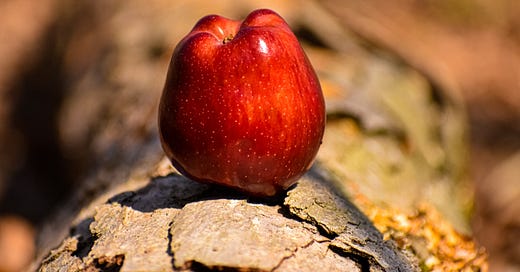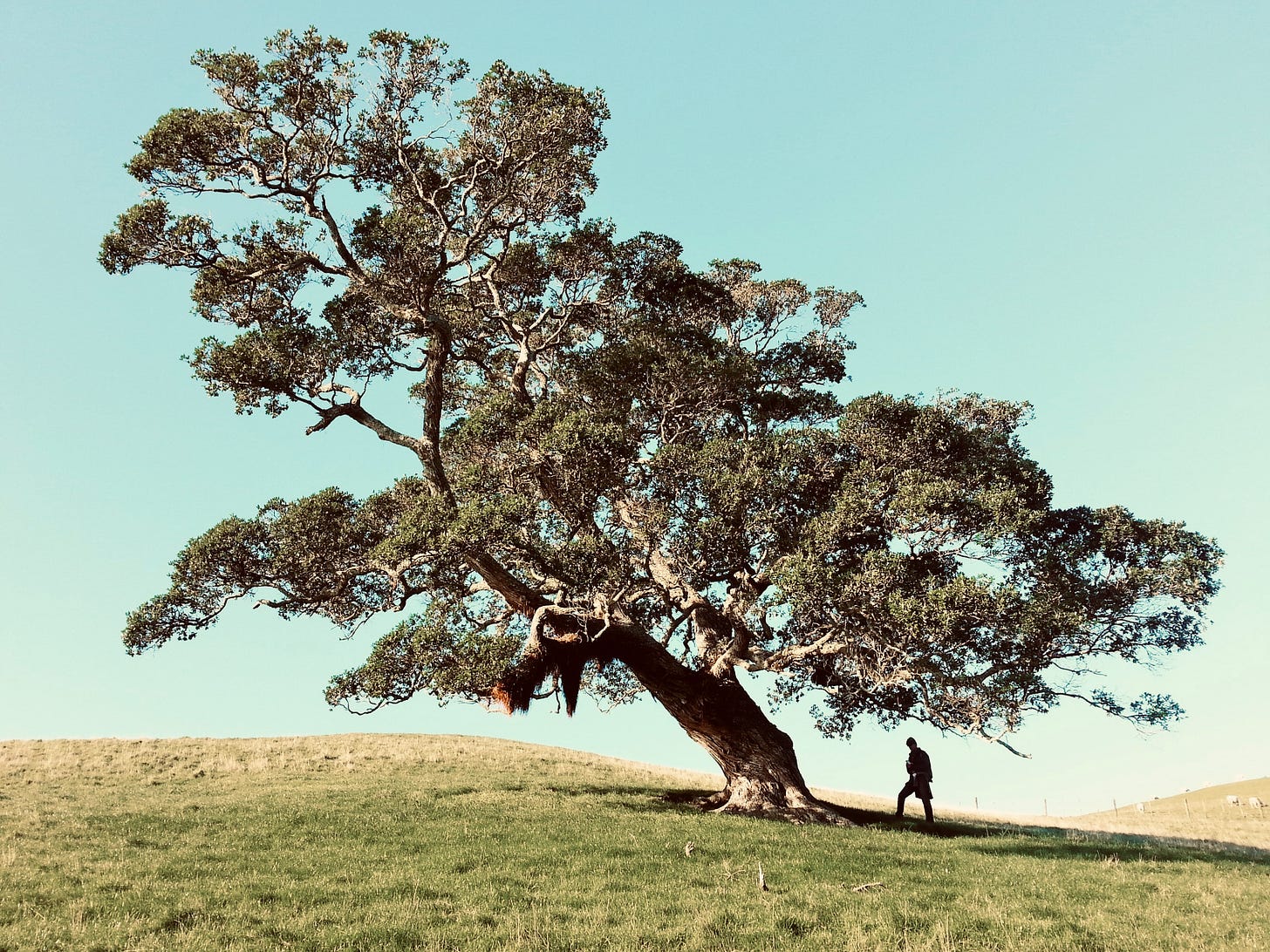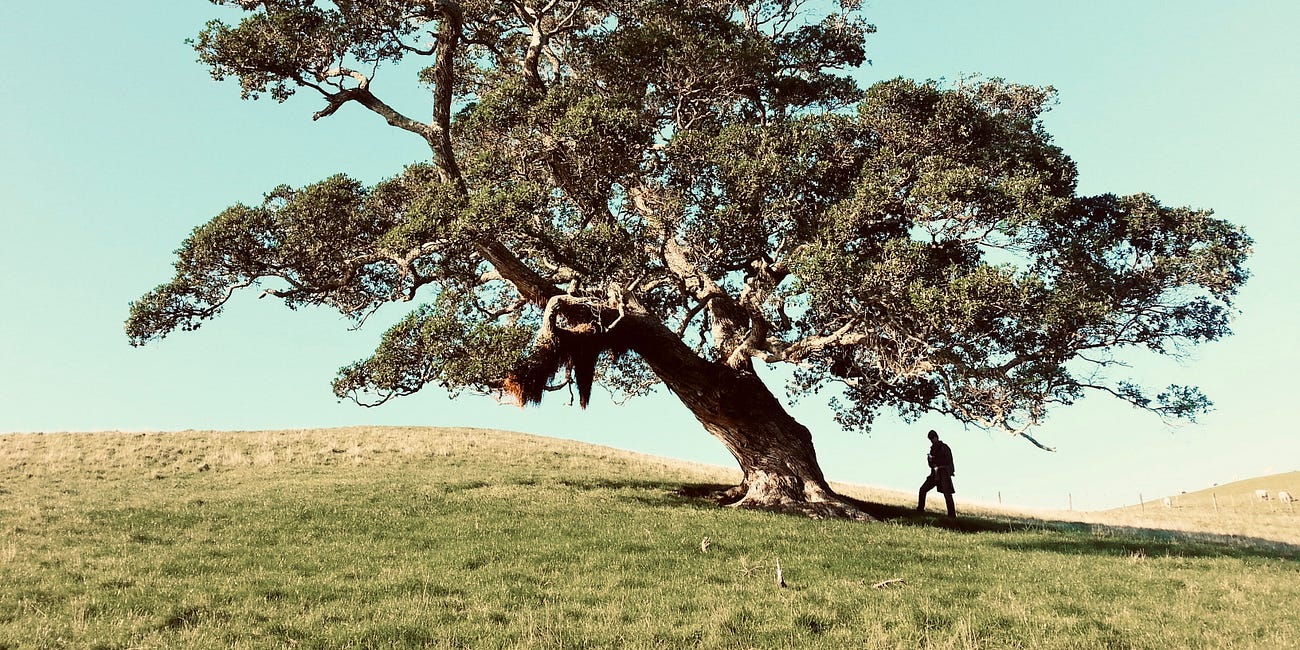Is Sexual Desire Natural?
Experiencing puberty and, thereafter, being subject to sexual attraction is an aspect of human biology. Prior to morality and religion, it occurs by nature, except when it doesn’t.
James Linehan was just like the other kids until about age 12. By age 16, he was playing with kids several years younger than him, his appearance remained boyish, and his body undeveloped. He was eventually diagnosed with a rare “intersex condition,” or Disorder of Sexual Development. His body was “a puberty blocker.”
Without puberty, Linehan could not even understand the interest the boys and girls in his classes had begun to take in each other. Sex had no appeal for him. He was asexual because he skipped puberty, until doctors artificially induced puberty, and just in time.
Now there would be a temptation for Christians to view Linehan’s ongoing boyish innocence as a kind of admirable freedom from sexual desire and temptation. Sexual sin had simply passed him by. The lucky boy would never have to act on Christ’s command to cut off the member that causes you to sin.
But Linehan’s freedom from the sex drive was not a kind of moral virtue but an effect of the curse upon mankind. Suffering from a disorder of normal human development, Linehan risked being deprived of certain human goods in the physical, social, and sexual sphere. It is an aspect of the misery of our condition, the tragic consequences of the fall, human suffering, that he developed, or rather, failed to develop in this way.
The difference between 16-year-old Linehan and most of us is not a difference in the category of sin, primarily. Nor is it an effect of human culture, as though Linehan were shielded from corrupting cultural influences, allowing him to preserve his innocence. The difference was biological, and therefore, natural.
By contrast, our experiencing puberty and being subject to sexual attraction is an aspect of human biology. It occurs by nature, except when it doesn’t. (As Aristotle said, nature is the realm of what happens always or for the most part.) It is prior to morality and religion. We encounter God and the claims of morality in light of our given nature, whether it is a nature beset by more or less desire, or none at all.
An Ongoing Conversation
In response to my latest post, “Our Unnatural Nature,” Nicholas MacDonald, author of The Bard Owl, pushed back that I was legitimizing forms of objectifying sexual desire. My claims are that sexual orientation is a natural category, not subject to moral evaluation, and that there is a level of natural sexual desire, arising from puberty, which cannot be condemned, whether heterosexual or homosexual.
Nicholas also argued that Jesus only would have experienced sexual desire in marriage. Given that Jesus did not marry or pursue marriage, he would not have experienced sexual desire or “internal temptation” (in the language of the PCA Ad Interim Report). He was still tempted or “tested” (per the Greek peirasmos, which is more or less synonymous with “test” or “trial” and primarily external or objective); but this did not involve desire on his part.
I think that this position, which I take to be the majority Christian position in the circles in which I run, fails to account for human nature and therefore fails to allow that Jesus experienced all of our humanity, being tempted as we are.
A Forgotten Theological Category
What I seek to defend is not lust. It is the arithmetic difference between the normal post-pubescent human and 16-year-old James Linehan.
What sets us apart from Linehan is not sin; it’s just puberty.
The ordinary post-pubescent human is subject to sexual attraction to one or both sexes; Linehan was not. The difference is not a moral one; Linehan’s freedom from the sex drive was not a kind of temperance. Our susceptibility to sexual attraction is neither sin, nor vice nor, more specifically, lust.
Natural sexual attraction can be stewarded to align sexual desire with the human good and treating people as ends, which arguably requires marriage, as even non-evangelicals Louise Perry and Roger Scruton have more or less seen. Or attraction can be allowed to spiral into objectifying desire to use other people as means to our own gratification. But the same natural drive is present in both cases. As C. S. Lewis wrote, the sex drive is one of the piano keys. The moral question is when to play that piano key. For that, you need sheet music. (Pun intended. But wait, oh my - I wonder if that’s actually where they got the title…)
As We Are, Without Sin
On the temptation of Christ, I think we are in danger of conceiving of him on the model of James Linehan, lacking the natural result of puberty, sexual attraction. If we don’t want to attribute to Jesus a disorder of sexual development, or we don’t believe that our theology requires it, then Jesus was subject, like the rest of us, to sexual attraction. He could have told us to which sex he experienced attraction and therefore which set of temptations he was to resist and did resist.
Nevertheless, he experienced natural sexual attraction, but without sin.
Single, Sexual, and Christian
Why do I care to argue this? I could settle for the claim that sexual orientation is prior to all attraction and desire and it alone is not blameworthy. I gather that Nicholas would be inclined to agree with me on that, or at least that gay and lesbian Christians are no more blameworthy than straight ones. From Keller and DeYoung, I gather that the consensus Reformed evangelical position would be that, “Same-sex attraction is sin, but so is opposite-sex attraction, except for one’s spouse, in the context of marriage.”
I care because, otherwise, I fear that gay and lesbian Christians and all single Christians would have to be condemned to guilt and shame for the ordinary experience of sexual attraction, desire, and longing, even while exercising Christian restraint and refraining from lust. In fact, I believe this is the common position single Christians are in, feeling quite condemned, if only by their own consciences, for their experience of sexual attraction. I know that was my experience.
Unnatural Nature Revisited
In responding to Nicholas’ concerns about the non-culpability of natural sexual attraction, I have had to make generous use of the category of the natural. Once again, I have used it to refer to nature as we encounter it, in its unnatural state after the fall into sin and misery. This might appear to ignore the concern that Nicholas as well as Mason Bruza raised about the use of the unqualified “nature” to refer to a nature that is broken and certainly qualified.
However, I think it instead evidences the way that the category of nature interfaces with other fields of knowledge. In theology, we tend to think of nature as creation and contrast it with the fall or sin. In this post, the contrast has been more of a philosophical one, that between the natural and the moral.
But while the contrast is philosophical, there is nothing heady about it. In all of life, the realization that something is a part of someone’s nature at least lessens the moral significance we attribute to it. Given a certain diagnosis, a child’s rebelliousness can be revealed to be an effect of autism spectrum disorder, a naturally-occurring developmental disability. While rebelling against parental authority or causing harm to another does not cease to be sin, and parents should do what they can to curb it, our judgment is at least lightened on those who are affected by such disorders.
What is more, we do not blame someone for the particular disorders to which they are subject. Our natural conditions, orders and disorders, are not our doing and are neither praiseworthy nor blameworthy. Nature is the hand we are dealt; morality and true religion are all in how we play our cards.
If you enjoyed reading this, you might also enjoy:
Our Unnatural Nature: On Homosexual Orientation
I find that there are at least two dimensions of personal growth or, for Christians, progressive sanctification. The first dimension involves believing you can change, doing difficult things, and attempting to reshape ones habits and even inclinations. But the other dimension involves growing in self-understanding, accepting ones personality and nature,…












An excellent exposition of the subject, which is a subject on which Christians need greater clarity. Many do not distinguish between attraction and lust. To notice that a woman is attractive does not mean I am lusting after her, yet I have heard Christians speak as if they are the same thing.
Joel, this is well articulated. I think this is what draws me to folks like Ephraim Radner. To discuss "nature" without discussing the fall is to fail to make sense of our "natural" condition, which is for all of us is, in fact, fallen. I could say lots on this, but I think evangelicals and, all modern folk really, have been bad at articulating and accepting these limits. Much of the modern world is a story in which our mortality - in the broadest sense of that term referring to all of the fall's effects - has become obscured. Recovering what it means not only to be created by God, but subject to the limits of the curse, I think is a place for deeply fruitful discussion and thought. The more fruitful question is, as you seem to be moving towards, is something like: how do we help accommodate those whose bodies God has mysteriously allowed to be limited in particular ways? What does living faithfully look like for the autistic, the same-sex attraction, the disabled, etc., etc.? And what point does insisting on the elimination of these broken limits reek of a self-engineered attempt to play God and change what God has mysteriously allowed?